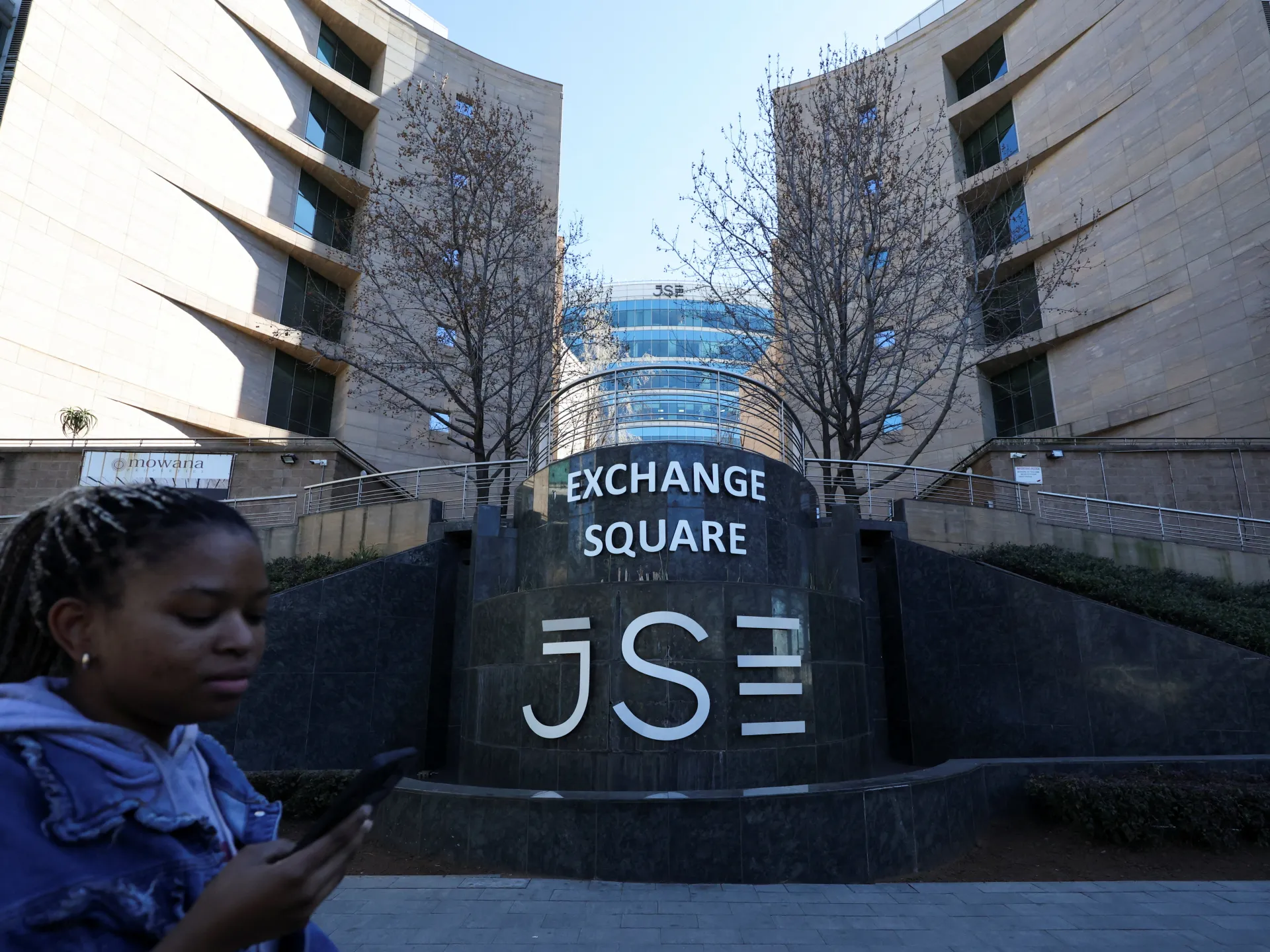When e-commerce company Jumia wanted to go public in 2019, Africa’s most celebrated start-up didn’t list in Lagos, Nairobi, Kigali or Johannesburg. It went to New York instead. That tells you everything about Africa’s start-up problem: It’s not a money problem; it’s an exit problem.
African entrepreneurs can build world-class businesses, but investors hesitate because they cannot see how or when they will get their money back. Initial public offerings (IPOs) remain extremely rare, and most exits take the form of trade sales – often unpredictable and slow to clear. Our stock exchanges offer little comfort either with liquidity outside the largest firms still limited.
Start-ups here can remain “start-ups” for decades with no clear path to maturity.
By contrast, Silicon Valley hums along because everyone knows the playbook: build fast, scale up and within five to seven years either list on an exchange or get acquired. Investors know they will not be stuck forever. That certainty, not just the capital, drives the flow of billions.
If Africa wants its tech ecosystems to thrive, we need a parallel play alongside any new funds. Yes, let’s mobilise sovereign wealth, pensions, banks and guarantees. But equally, let’s change the rules of the game. Let’s build an exit clarity framework that gives investors confidence.
That means fast-track “growth IPO lanes” on our exchanges with lighter costs and simpler disclosures. It means standardised merger templates that guarantee regulatory reviews within clear time limits.
It means regulated secondary markets where early investors and employees can sell shares before an IPO.
It means modernising employee stock ownership rules so talent can build wealth too.
And it means creating anchor-exit facilities where big domestic players like South Africa’s Public Investments Corporation or IDC commit to buy into IPOs with risk-sharing from development partners.
The evidence shows why these matter. More than 80 percent of startup funding in Africa comes from abroad. African unicorns are overwhelmingly funded by foreign venture capital, with several having foreign co-founders or being incorporated outside the continent. This means exits and wealth creation largely flow offshore. When global shocks hit, whether interest rate hikes in Washington or political turmoil in Europe, our ventures shake.
On the Johannesburg Stock Exchange, small-cap boards make up only a sliver of daily trading activity, underscoring how limited liquidity is outside the blue chips.
In Kenya, the Growth Enterprise Market Segment, set up to serve fast-growing firms, has struggled to gain traction with only five companies currently listed as of 2024 – more than a decade after its 2013 launch.
To be sure, there are those who will argue that exits already exist: Trade sales are happening, holding periods in Africa are shorter than in many markets and capital is trickling in regardless.
That is true, but partial. Trade sales can be an option, but they are often unpredictable. Regulatory approvals take time, and deal terms are not always transparent enough for investors to build them confidently into their models.
This is not a system that inspires confidence from our own pension funds or sovereign wealth managers.
The response, then, is not to simply wait for more money to arrive but to fix the structures that govern its movement. If we could walk into investor meetings and say, “Here’s the pipeline of companies. Here’s the capital vehicle, and here is a clear five-year exit pathway,” we could shift the conversation entirely.
We could make African innovation not only attractive to foreign investors but also bankable for African ones. South Africa is uniquely positioned to lead this change. It has deep capital markets, capable regulators and institutional pools of capital looking for new growth opportunities.
The ask is not just to invest in start-ups but to invest in a new rulebook that makes exits real. If we succeed, we will have built more than another fund. We will have built a system that recycles African savings into African innovation, creating African wealth.
For too long, the debate has been framed around scarcity of money. But the truth is less about scarcity and more about certainty. Investors do not only chase returns. They chase predictable exits. Without exits, funds hesitate. With exits, funds multiply.
So, yes, let us mobilise capital and launch new funds. But let us also do the harder, braver thing: change the rules, not just the money. That is how we ensure our unicorns aren’t built on foreign capital alone. That is how we give our own savers and pensioners a stake in Africa’s growth.
And that is how we finally write a new playbook under which African innovation, African capital and African ownership all run on the same page because, in the end, the real lesson of Jumia is not that Africa cannot produce billion-dollar start-ups. It is that until we change the rules of exit, we risk exporting the wealth that should be owned and grown at home.
The views expressed in this article are the author’s own and do not necessarily reflect Al Jazeera’s editorial policy.
